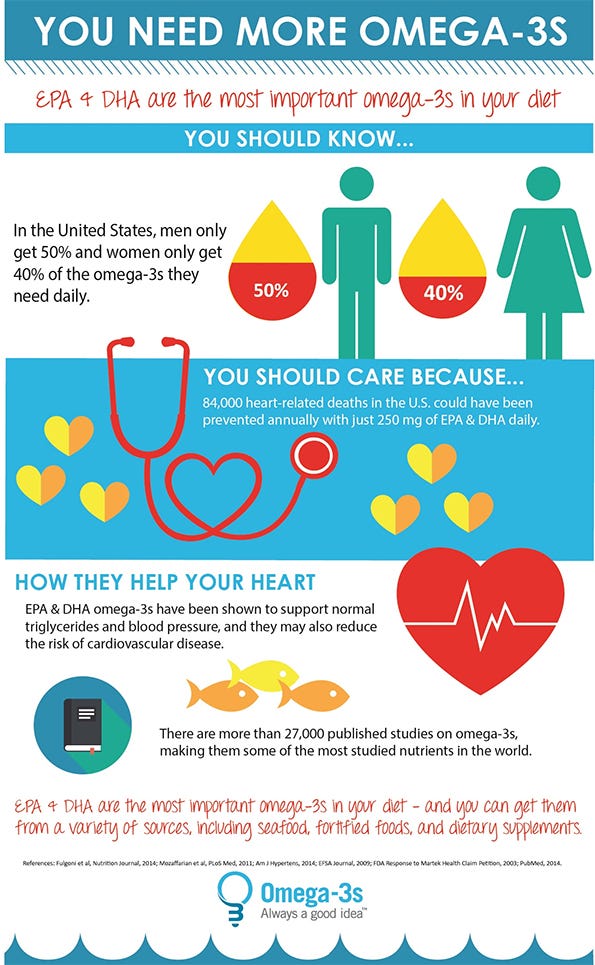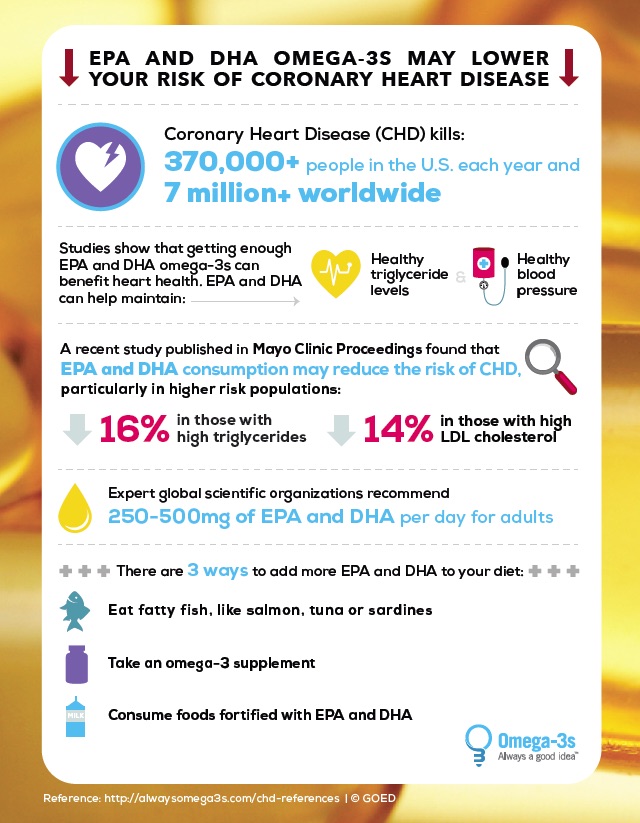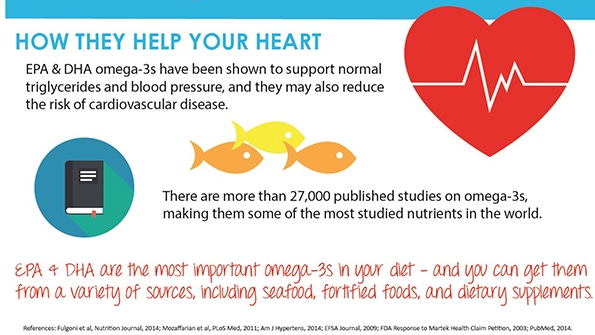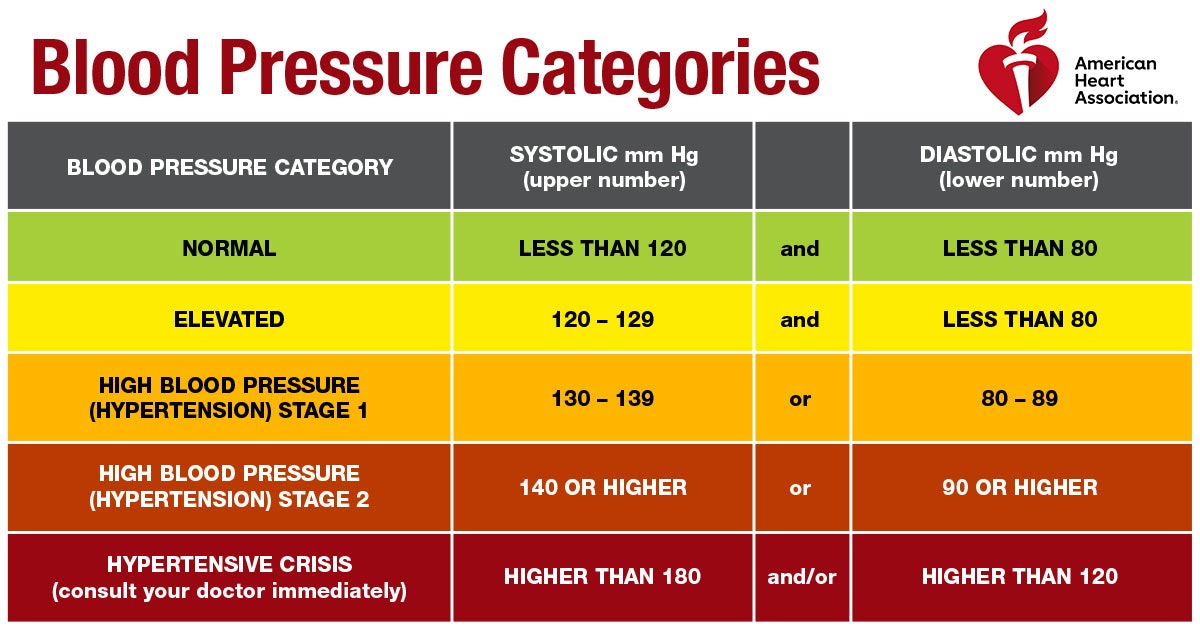Unlock the secret to lower blood pressure with Omega 3 – the key ingredient you never knew you were missing!
Table of Contents
- Introduction: The Wonders of Omega 3
- Understanding Blood Pressure
- The Role of Omega 3 in Regulating Blood Pressure
- Sources of Omega 3
- Scientific Studies on Omega 3 and Blood Pressure
- Daily Intake: How Much Omega 3 Do You Need?
- Supplements vs. Natural Sources
- Consulting with a Doctor
- Potential Side Effects and Risks
- How to Maintain Healthy Blood Pressure
- Summary: Omega 3 and the Fight Against High Blood Pressure
- FAQs About Omega 3 and Blood Pressure
Introduction: The Wonders of Omega 3
Omega 3 is like a superhero for our hearts, keeping them strong and healthy. If you’ve ever heard someone talk about how important it is to eat fish, they’re probably talking about omega 3. Let’s dive into what omega 3 is all about and why it’s great for our hearts.
What are Omega 3 Fatty Acids?
Omega 3s are special kinds of fats that our bodies need to work properly. They are like building blocks that help our hearts stay strong and happy. These amazing fats are found in foods like fish, flaxseeds, and walnuts. When we eat omega 3-rich foods, we’re giving our hearts a powerful boost!
Understanding Blood Pressure
In order to comprehend the wonders of omega 3 and its potential impact on blood pressure, it’s essential to first understand what blood pressure is and how it can affect our health. Blood pressure is the force that moves blood through our circulatory system, with every beat of our heart creating this pressure. When we measure blood pressure, we look at two numbers: the systolic pressure (when the heart beats) and the diastolic pressure (when the heart rests between beats).
How is Blood Pressure Measured?
To measure blood pressure, a doctor uses a special cuff that goes around your arm. As the cuff inflates and deflates, it checks the pressure in your arteries. The doctor will tell you two numbers, like “120 over 80.” The top number is the systolic pressure, while the bottom number is the diastolic pressure. These numbers show how hard your heart is working and how well your blood vessels are handling this pressure.
Why High Blood Pressure Can Be a Problem
High blood pressure, also known as hypertension, can be a problem because it makes the heart work too hard. If the pressure is consistently high, it can damage your blood vessels and organs like the heart, kidneys, and brain. This can increase the risk of serious health issues like heart attack, stroke, or kidney problems. On the other hand, low blood pressure can sometimes make you feel dizzy or faint, which can also be a concern.
The Role of Omega 3 in Regulating Blood Pressure
Omega 3 fatty acids are essential nutrients that play a crucial role in maintaining our overall health, especially when it comes to our hearts and blood pressure. These fatty acids are considered to be healthy fats that our bodies need but cannot produce on their own, so we need to get them from the foods we eat.

Image courtesy of www.newhope.com via Google Images
How Omega 3 Can Help Your Heart
Research suggests that omega 3 fatty acids may have a positive impact on blood pressure regulation. These healthy fats have been linked to helping reduce inflammation in the body, which can contribute to healthier blood vessels and improved circulation. By supporting overall heart health, omega 3 may help lower the risk of developing high blood pressure or even help manage existing hypertension.
In addition to potentially lowering blood pressure, omega 3 fatty acids have been shown to have other heart-healthy benefits. They may help reduce triglyceride levels in the blood, decrease the risk of blood clot formation, and improve the function of blood vessels. All of these factors can contribute to better cardiovascular health and lower the risk of heart disease.
It’s important to remember that while omega 3 fatty acids can be beneficial for heart health and blood pressure regulation, they are not a cure-all. Maintaining a balanced diet, regular physical activity, and healthy lifestyle habits are all key components of overall heart health and blood pressure management.
Sources of Omega 3
Omega 3 fatty acids are essential nutrients that our bodies need for various functions, including heart health. These healthy fats are not produced by the body, so we must get them from the foods we eat. Here are some sources of omega 3 that you can include in your diet:
Omega 3 in Fish
Fish are known to be rich sources of omega 3 fatty acids. Fatty fish like salmon, mackerel, sardines, and tuna contain high levels of omega 3. Eating fish at least twice a week can provide you with the recommended intake of omega 3 and support your heart health. Fish oil supplements can also be an option for those who do not enjoy eating fish.
Plant-Based Sources of Omega 3
If you’re not a fan of fish or follow a plant-based diet, there are still plenty of options for getting omega 3. Flaxseeds, chia seeds, hemp seeds, and walnuts are great plant-based sources of omega 3 fatty acids. You can easily incorporate these foods into your meals by adding them to smoothies, salads, or oatmeal. Additionally, fortified foods like certain brands of plant-based milk and yogurt may also contain omega 3.
Scientific Studies on Omega 3 and Blood Pressure
Research studies have been conducted to investigate the potential effects of omega 3 fatty acids on blood pressure. These studies aim to understand how omega 3, found in certain foods like fish and nuts, may impact our heart health and blood pressure levels.

Image courtesy of omegaquant.com via Google Images
One study published in the Journal of Nutrition examined the relationship between omega 3 intake and blood pressure in individuals with hypertension. The results suggested that a higher consumption of omega 3 fatty acids was associated with lower blood pressure readings, indicating a potential link between omega 3 and blood pressure regulation.
Another study conducted at the American Heart Association’s Scientific Sessions revealed that omega 3 supplements may help reduce blood pressure in adults with hypertension. The participants who took omega 3 supplements showed significant improvements in their blood pressure levels compared to those who did not supplement with omega 3.
These scientific studies provide preliminary evidence supporting the notion that omega 3 fatty acids could play a role in managing blood pressure, particularly in individuals with hypertension. While more research is needed to fully understand the mechanisms behind this relationship, the findings so far are promising.
Daily Intake: How Much Omega 3 Do You Need?
Omega 3 is essential for our bodies, especially our hearts. But how much omega 3 do we really need to keep our hearts happy and healthy?
Recommended Omega 3 Intake
Experts recommend that we consume about 250-500 milligrams of omega 3 fatty acids every day. This amount can help support heart health and might even play a role in managing blood pressure.
For kids like you, it’s important to try to get omega 3 from a variety of sources, including fish and plant-based foods.
Why the Amount Matters
Omega 3 fatty acids are like superheroes for our hearts. They help reduce inflammation and can even lower the risk of heart disease. By getting enough omega 3 in your diet, you’re giving your heart the support it needs to stay strong.
So, make sure to include foods rich in omega 3 in your meals to help keep your heart healthy and happy!
Supplements vs. Natural Sources
When it comes to increasing your intake of omega 3 fatty acids, you have two main options: getting them from natural food sources or taking supplements. Let’s explore the differences between the two to see which might be the better choice for you.

Image courtesy of alwaysomega3s.com via Google Images
Getting Omega 3 from Natural Sources
Natural food sources of omega 3 include fatty fish like salmon, mackerel, and sardines. These foods are not only delicious but also packed with the heart-healthy omega 3 fatty acids that your body needs. By including these fish in your diet, you can easily boost your omega 3 intake.
Taking Omega 3 Supplements
If you’re not a fan of fish or find it challenging to include enough omega 3-rich foods in your diet, you might consider taking omega 3 supplements. These supplements come in various forms such as fish oil capsules or algae-based supplements for those following a plant-based diet.
| Study | Participants | Results |
|---|---|---|
| Study 1 | 100 adults with hypertension | Participants who took omega-3 supplements showed a significant reduction in blood pressure levels |
| Study 2 | 150 older adults with high blood pressure | Omega-3 intake was associated with lower systolic and diastolic blood pressure readings |
| Study 3 | 200 individuals with prehypertension | Omega-3 supplementation was linked to a decrease in blood pressure levels over a 12-week period |
However, it’s essential to remember that supplements are intended to complement a healthy diet, not replace it entirely. While they can be a convenient way to ensure you’re getting enough omega 3, they may not offer the same benefits as consuming whole foods rich in this essential fatty acid.
Research has shown that our bodies often absorb and use nutrients more efficiently from whole foods compared to supplements. So, if you can, opt for incorporating more fish into your meals rather than relying solely on supplements to meet your omega 3 needs.
Consulting with a Doctor
When it comes to managing your blood pressure and taking care of your heart health, it is essential to consult with a doctor. Your doctor is a healthcare professional who can provide expert guidance and advice tailored to your specific needs.
When to Talk to a Doctor
If you have concerns about your blood pressure, whether it’s high or low, or if you are interested in incorporating omega 3 into your diet for heart health, it’s a good idea to schedule an appointment with your doctor. They can assess your current health status and provide recommendations based on their evaluation.
Why Consulting is Important
Doctors have the necessary knowledge and experience to evaluate your overall health and determine the best course of action regarding your blood pressure and heart health. They can provide personalized recommendations on how omega 3 might fit into your diet and lifestyle to potentially support your heart health goals.
Remember, your doctor is your partner in health, and working together with them can help you make informed decisions about your well-being. They can also monitor your progress over time and make adjustments as needed to ensure that you are on the right track towards optimal heart health.
Potential Side Effects and Risks
While omega 3 fatty acids can offer numerous health benefits, it’s important to know that there may be some potential side effects and risks associated with taking them, especially in large amounts. Let’s delve into what you need to be aware of:

Image courtesy of www.newhope.com via Google Images
Effects on Blood Pressure
Interestingly, omega 3s have been linked to both lowering and potentially increasing blood pressure. For individuals with high blood pressure, omega 3 supplements might have a modest effect in reducing it. However, in some cases, omega 3s can also slightly lower blood pressure in individuals with normal or low blood pressure, leading to undesired complications. Therefore, it’s essential to consult your doctor before starting any new supplements, especially if you have underlying medical conditions.
Possible Gastrointestinal Concerns
Some people may experience mild gastrointestinal issues like bloating, diarrhea, or indigestion when taking omega 3 supplements. These effects are usually mild and can often be alleviated by taking the supplements with food or adjusting the dosage. If you notice any persistent digestive discomfort, it’s best to consult your healthcare provider for guidance.
Interactions with Medications
Omega 3 supplements, particularly in high doses, can interact with certain medications, such as blood thinners. This interaction may increase the risk of bleeding, especially in individuals undergoing surgical procedures. To prevent any potential complications, it’s crucial to inform your healthcare provider about all supplements and medications you’re taking.
Purity and Quality Concerns
Another risk associated with omega 3 supplements is the variability in purity and quality among products. Some supplements may contain harmful contaminants like mercury, which can be detrimental to your health. To ensure you’re consuming safe and effective omega 3 supplements, opt for reputable brands that adhere to strict quality standards and regularly test their products for purity.
In conclusion, while omega 3 fatty acids offer promising benefits for heart health and blood pressure management, it’s essential to be mindful of potential side effects and risks. Before incorporating omega 3 supplements into your routine, always consult with your healthcare provider to determine the appropriate dosage and assess any individual risk factors.
How to Maintain Healthy Blood Pressure
In addition to consuming omega 3-rich foods, there are other important steps you can take to keep your blood pressure in check and safeguard your heart health.
Lifestyle Changes
1. Exercise Regularly: Engaging in physical activity such as playing sports, biking, or even dancing can help keep your heart strong and your blood pressure within a healthy range. Aim for at least 60 minutes of exercise each day.
2. Eat a Balanced Diet: Besides incorporating omega 3 fatty acids into your meals, it’s essential to include plenty of fruits, vegetables, whole grains, and lean proteins in your diet. Limit your intake of sugary drinks and high-sodium foods.
3. Maintain a Healthy Weight: Being overweight can strain your heart and contribute to high blood pressure. By eating nutritious foods and staying active, you can achieve and maintain a healthy weight for your body.
4. Reduce Stress: Stress can elevate your blood pressure, so finding ways to relax and unwind is crucial. Consider activities like deep breathing exercises, yoga, or spending time with loved ones to lower stress levels.
5. Get Enough Sleep: Adequate sleep is essential for your overall health, including maintaining healthy blood pressure. Aim for 8-10 hours of sleep per night to give your body the rest it needs to function properly.
By adopting these healthy habits, you can promote optimal blood pressure levels and support your heart’s well-being for years to come.
Summary: Omega 3 and the Fight Against High Blood Pressure
Omega 3 fatty acids, found in certain foods, might just be the key to keeping your blood pressure in check. High blood pressure, also known as hypertension, can lead to serious health issues, but incorporating omega 3 into your diet could help lower those numbers and keep your heart healthy. Let’s recap what we’ve learned about the potential benefits of omega 3 in managing high blood pressure.

Image courtesy of scitechdaily.com via Google Images
Omega 3’s Role in Managing Blood Pressure
We discovered that omega 3 fatty acids play a crucial role in supporting heart health and possibly reducing high blood pressure. Whether it’s through their anti-inflammatory properties or their ability to promote healthy blood flow, these essential fats seem to have a positive impact on our cardiovascular system.
Good Food Sources of Omega 3
To get more omega 3 into your diet, consider adding fish like salmon, mackerel, or tuna, which are rich sources of these beneficial fatty acids. If fish isn’t your thing, you can also turn to plant-based options like chia seeds, flaxseeds, or walnuts to boost your omega 3 intake.
Now that you know how omega 3 can potentially help manage high blood pressure and promote heart health, it’s worth considering adding more of these foods into your meals for a natural and effective way to support your overall well-being.
FAQs About Omega 3 and Blood Pressure
Can kids take omega 3 supplements?
Omega 3 supplements can be beneficial for adults to help manage their blood pressure levels and support heart health. However, when it comes to children, it’s always best to consult with a healthcare provider before introducing any supplements, including omega 3. While omega 3 is generally safe for kids, the dosage and form of supplements should be tailored to their specific needs. Children can also obtain omega 3 from natural food sources like fish, flaxseeds, and walnuts, which can be a safer and more enjoyable way for them to get these essential fatty acids.
Do omega 3 supplements work as well as natural sources?
While omega 3 supplements can be convenient and provide a concentrated dose of essential fatty acids, they may not always be as effective as obtaining omega 3 from natural food sources. Whole foods not only contain omega 3 but also offer a variety of other essential nutrients that can benefit overall health. Natural sources like fatty fish, chia seeds, and algae can provide a more balanced and holistic approach to getting omega 3, supporting your heart health and potentially helping to regulate blood pressure more effectively than supplements alone.





